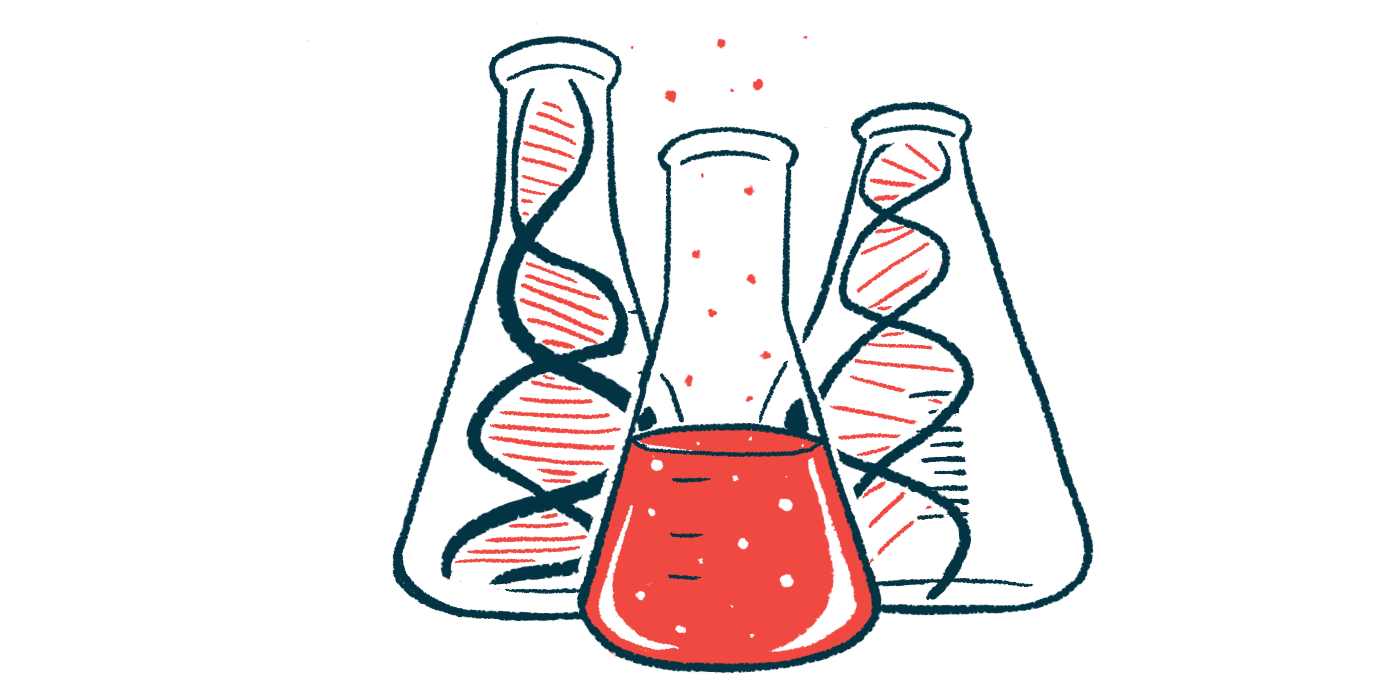Largest Study on Parkinson’s Disease Genetics Reaches 12,500 Patients
Started in 2018, the CENTOGENE, Denali effort seeks to ID patients with LRRK2 mutations
Written by |

CENTOGENE has announced it’s reached a milestone of 12,500 participants who have been recruited and genetically tested as part of the Rockstock International Parkinson’s Disease Study (ROPAD), a global observational effort to characterize the genetic profile of Parkinson’s patients.
ROPAD (NCT03866603), developed in collaboration with Denali Therapeutics, seeks to make a contribution to better comprehend Parkinson’s disease diagnosis, progression, and treatment. According to the company, it’s the largest study to focus on the role of genetics in Parkinson’s disease, involving more than 120 sites around the world.
“There is a significant medical need to truly unveil deeper data on [Parkinson’s disease] genetics to accelerate diagnosis and personalized Parkinson’s treatments,” Kim Stratton, CEO at CENTOGENE, said in a press release.
Although Parkinson’s disease does not have a clear genetic cause, mutations in the leucine-rich repeat kinase 2 (LRRK2) gene are commonly associated with the disease. This study intends to identify Parkinson’s patients with mutations in the LRRK2 gene or in other genes associated with the disease.
“More than 10 million people worldwide are affected by Parkinson’s disease, many of which are tied to genetic factors, like LRRK2,” Carole Ho, MD, chief medical officer at Denali, said.
To screen for mutations, CENTOGENE uses CentoCard, a technology developed by the company for collecting dried blood, combined with state-of-the-art sequencing techniques. The procedure is being widely adopted by clinicians due to its potential contribution in developing new and more precise therapeutic strategies.
For patients presenting mutations in genes related to Parkinson’s disease, a detailed clinical evaluation will be offered in another associated study, Lübeck International Parkinson’s Disease Project (LIPAD) (NCT04214509) at the University of Lübeck, Germany. This study will provide a systematic assessment of clinical symptoms, comorbidities, environmental factors, and medication.
Patients identified with an LRRK2 mutation may enroll in therapeutic clinical trials, such as the Phase 3 Lighthouse study (NCT05418673) to evaluate an LRRK2 inhibitor, called BIIB122, developed by Denali Therapeutics. This inhibitor is a potential therapeutic approach to slow disease progression in patients with early-stage Parkinson’s and specific LRRK2 mutations. The trial is currently recruiting patients.
The collaboration started in 2018 to identify Parkinson’s patients with LRRK2 mutations around the world. The companies achieved the initial goal of testing 10,000 participants in March 2021 and decided to extend the study by 2,500 patients.
“We have been able to unlock significant insights into the genetic factors – which we believe together with partners, such as Denali with their therapeutics targeting LRRK2, will accelerate the development of potentially life-saving therapeutics for many [Parkinson’s disease] patients around the world,” Stratton said.


